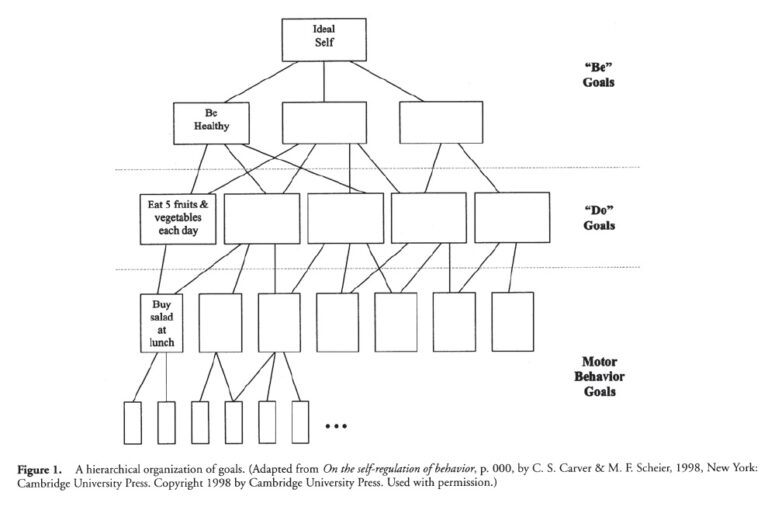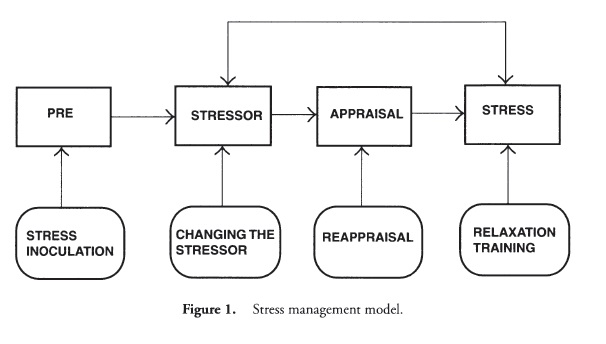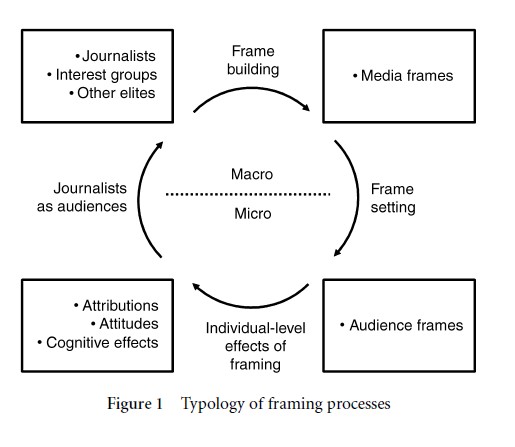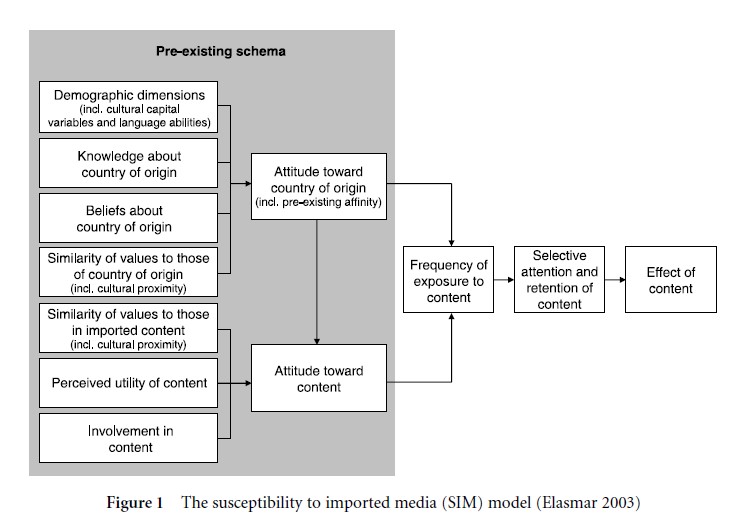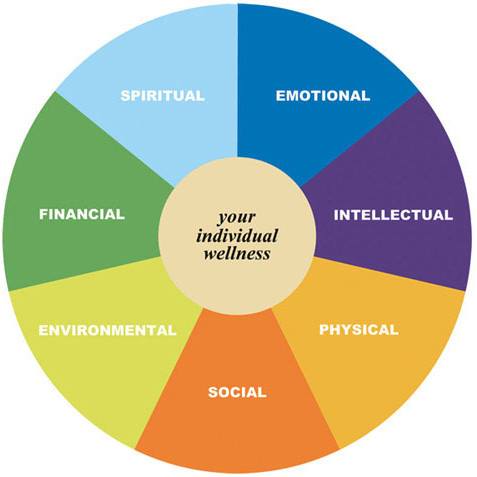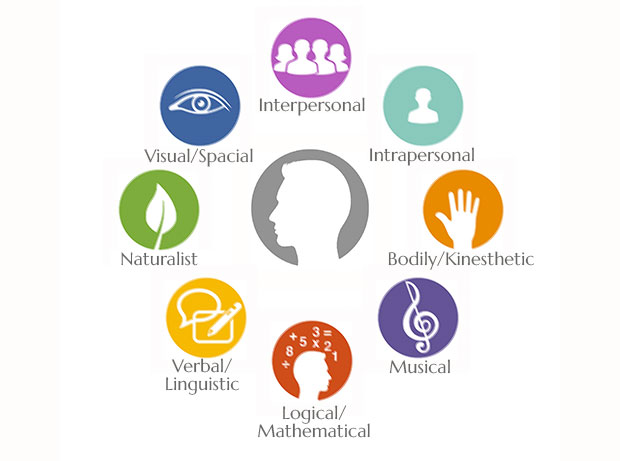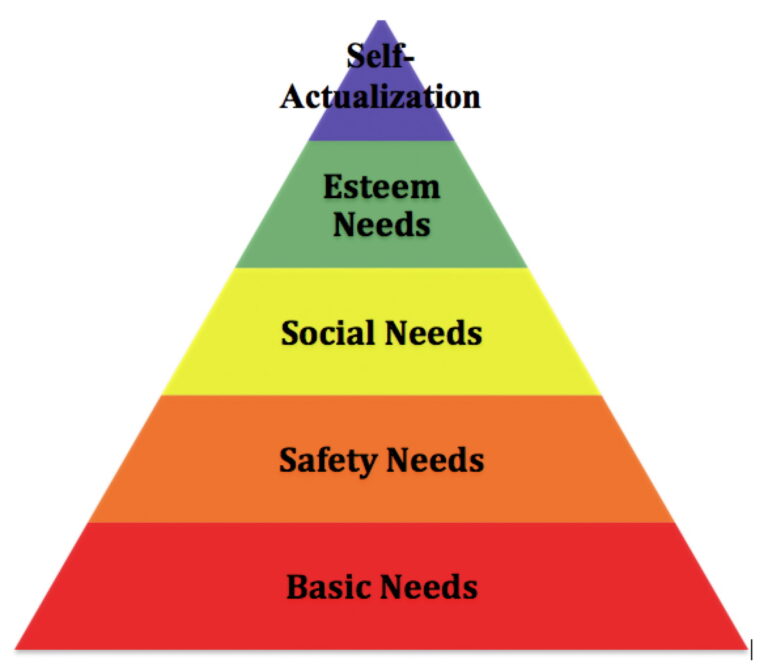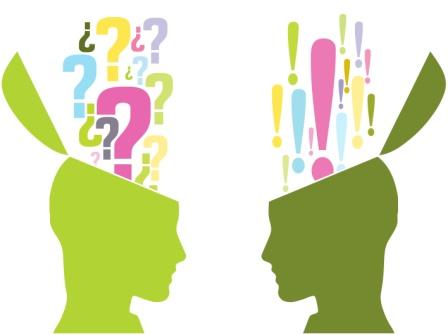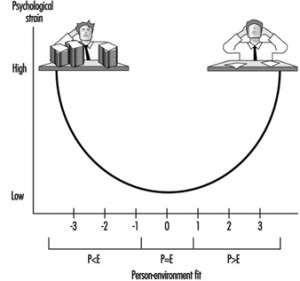Paul Radin
Paul Radin worked as an anthropologist in North America and specialized in Native American groups. His field was the ethnology...
Read More
Rank and Status
The most common use of the term “rank” in anthropology is to designate one type of society among three (the...
Read More
Roy Rappaport
Roy Rappaport, one of the leading ecological anthropologists of the 20th century, was born in New York City. He earned...
Read More
Reciprocity
Reciprocity is the state of mutually addressing the same attitudes or feelings as another. It indicates an equal exchange. This...
Read More
Robert Redfield
Robert Redfield, prominent anthropologist and Dean of the Social Sciences at the University of Chicago from 1934 to 1936, applied...
Read More
Gladys Reichard
Gladys Reichard was born in Bangor, Pennsylvania on July 17, 1893. Her family was of Pennsylvania Dutch heritage and she...
Read More
Stanford Prison Experiment
The Stanford Prison Experiment (SPE) has become a classic in the social sciences for its dramatic demonstration of the power...
Read More
Statement Validity Assessment (SVA)
Statement Validity Assessment (SVA) is a tool designed to determine the credibility of child witnesses’ testimonies in trials for sexual...
Read More
STATIC-99 and STATIC-2002 Instruments
The STATIC-99 and the STATIC-2002 are actuarial instruments that predict sex offender recidivism. They were designed to be widely applicable...
Read More
Statistical Information Impact on Juries
Statistical information is increasingly likely to be presented in court. It may appear in civil cases (e.g., percentages of men...
Read More
“Stealing Thunder”
In the context of the courtroom, “stealing thunder” refers to revealing damaging information first so as to diffuse its impact....
Read More
Story Model for Juror Decision Making
To better explain how jurors make decisions in trial, psychologists have proposed a variety of decision-making models. Some research has...
Read More
Stress and Eyewitness Memory
Stress exerts complex effects on eyewitness memory. On the whole, it has a negative effect, but this can be quite...
Read More
Structured Assessment of Violence Risk in Youth (SAVRY)
The Structured Assessment of Violence Risk in Youth (SAVRY), developed by Randy Borum, Patrick Bartel, and Adelle Forth, is a...
Read More
Structured Interview of Reported Symptoms (SIRS)
The Structured Interview of Reported Symptoms (SIRS) is a fully structured interview that is designed to assess feigned mental disorders...
Read More
Risk Factor Screening ⋆ Health Psychology ⋆ Lifestyle
As research findings accumulate, health professionals are becoming better and better at identifying people who are at risk of developing...
Read More
Self-Efficacy ⋆ Health Psychology ⋆ Lifestyle
Self-efficacy is the centerpiece of a theory of human agency developed by psychologist Albert Bandura of Stanford University. In his...
Read More
Self-Regulation ⋆ Health Psychology ⋆ Lifestyle
Self-regulation refers to the processes by which individuals control or direct their thoughts, emotions, and actions to achieve their goals....
Read More
Smoking Cessation ⋆ Health Psychology ⋆ Lifestyle
Cigarette smoking is the leading preventable cause of disease and death in the United States, and results in enormous medical...
Read More
Smoking Prevention ⋆ Health Psychology ⋆ Lifestyle
There are more than one billion smokers worldwide. If current trends continue, 8.4 million smokers are estimated to die annually...
Read More
Social Comparison Theory ⋆ Health Psychology ⋆ Lifestyle
Social Comparison Theory Social comparison, a pervasive aspect of daily life, consists in comparing oneself to others in order to...
Read More
Social Support ⋆ Health Psychology ⋆ Lifestyle
Social support refers to assistance provided by friends, family, and others to an individual who is facing stressful circumstances or...
Read More
Socioeconomic Status and Health ⋆ Health Psychology ⋆ Lifestyle
Socioeconomic status (SES), traditionally assessed by income, education, and occupation, reflects individuals’ material and social resources. Various theories of social...
Read More
STD Prevention ⋆ Health Psychology ⋆ Lifestyle
Introduction Sexually transmitted diseases (STDs) are an underrecognized public health concern among sexually active youth and adults in the United...
Read More
Stress Management ⋆ Health Psychology ⋆ Lifestyle
Stress management is the use of psychological interventions to reduce physical reactions (such as muscle tension, high blood pressure, insomnia,...
Read More
Framing Effects
There is no single commonly accepted definition of framing in the field of communication. In fact, political communication scholars have...
Read More
Frustration Aggression Theory
Frustration is defined as a state that sets in if a goal-oriented act is delayed or thwarted. The instigation remains...
Read More
George Gerbner
George Gerbner (1920 –2006) was one of the most perspicacious students and critics of the social and political effects of...
Read More
Carl I. Hovland
One of the founding figures of communication science, Yale psychologist Carl Iver Hovland (1912 –1961) was born in Chicago to...
Read More
Intercultural Media Effects
In the 1940s, Paul F. Lazarsfeld defined international communication as a study of the “processes by which various cultures influence...
Read More
Elihu Katz
Over the past five decades, Elihu Katz (born in New York in 1926) has made a major contribution to the...
Read More
Knowledge Gap Effects
Building upon early research from rural sociology, diffusion of innovations, public opinion poll data, and information campaigns, Tichenor et al....
Read More
Latitude of Acceptance
Social-judgment theorists (Sherif & Hovland 1961) assume that attitudes concerning important topics are bipolar. People have an internal reference scale....
Read More
Linear and Nonlinear Models of Causal Analysis
Communication researchers often gather quantitative data – for example from surveys, content analyses, or experiments – and then generate mathematical...
Read More
Mainstreaming
A corollary of cultivation theory, the concept of “mainstreaming” implies that heavy television viewing contributes to an erosion of differences...
Read More
Lifestyle Preferences
Throughout history, people’s positions in society, status, work, and worldview were dictated virtually from birth by the social class/socioeconomic status...
Read More
Locus of Control
The term locus of control originated in the social learning approach to behavior change in the early 1960s, and the...
Read More
Machiavellianism
The notion of Machiavellianism is based on the writings of the sixteenth-century writer Niccolo Machiavelli. In his most famous work,...
Read More
Multiple Intelligences Theory
What does it mean to be an intelligent person? Philosophers, psychologists, educators, and everyday people have answered this question using...
Read More
Myers-Briggs Type Indicator
The Myers-Briggs Type Indicator (MBTI) was created by Isabel Briggs Myers and Katharine Briggs to make Carl Jung’s theory of...
Read More
Person Matching
One of the first and even now most-used tools of career counselors is the interest inventory. Inventories currently in use...
Read More
Personality and Careers
Personality refers to characteristics that make individuals unique, including their prototypical thoughts, emotions, interests, habits, and behaviors. Psychological in nature,...
Read More
Personality Assessment
The term personality typically refers to one’s characteristic pattern of thinking, feeling, and behaving. In addition to the stable, trait-like...
Read More
Person-Environment Fit (P-E Fit)
The person-environment interactional and transactional models assume that human behavior tends to be influenced by many determinants both in the...
Read More






















